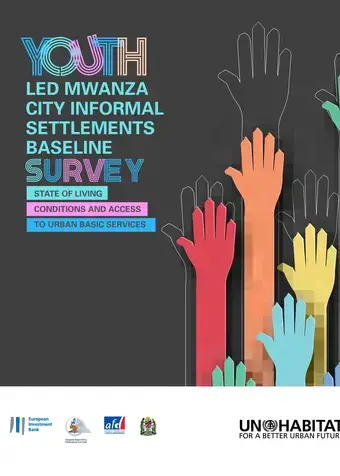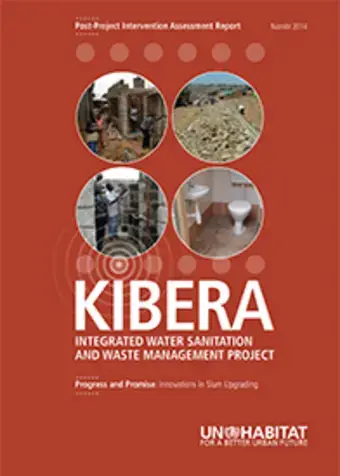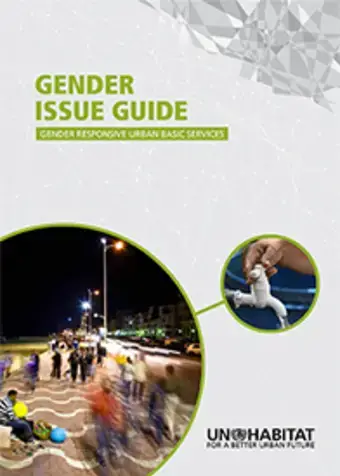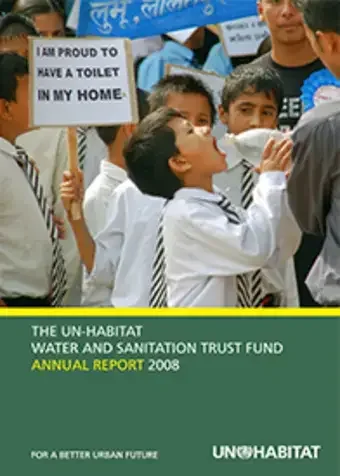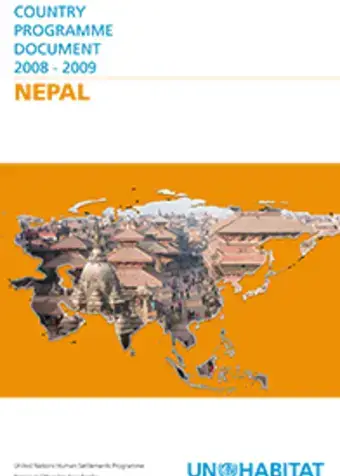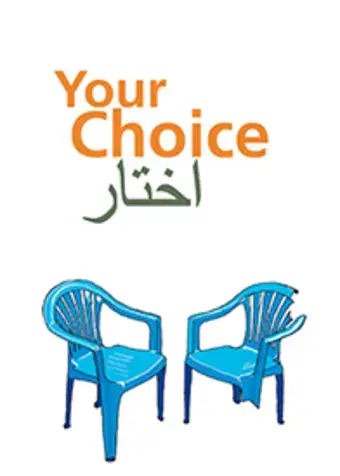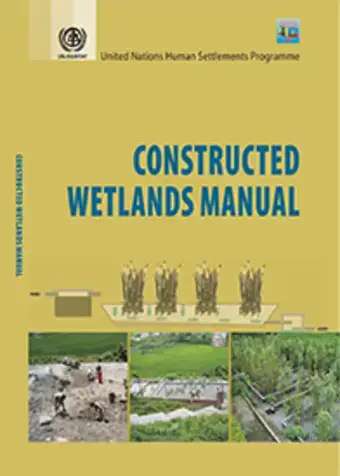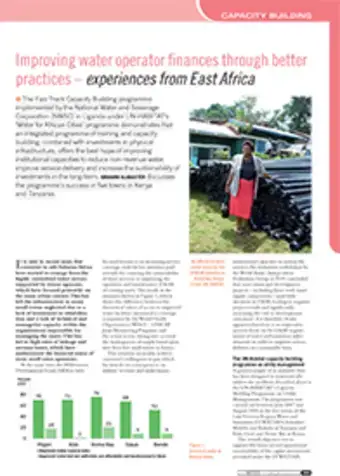Chris Jefferies, Urban Drainage System Expert, in this lecture addresses the need to reduce the impact of city development of flooding on residents and in other places, and the worsening of the water quality in streams, rivers and lakes caused by the expansion of cities.
